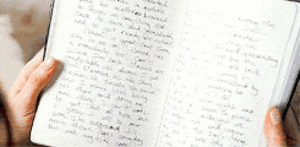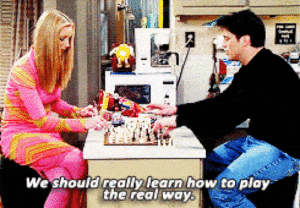
This post was written by an external contributor. Devin Thomas reveals the hidden secrets to improving those productivity levels.
Productivity. It’s the metric by which we all judge ourselves, and feel judged by others, as students. How many hours of revision did you get done today? Have you managed to memorise those flashcards? How much modafinil are you going through?
Okay, the last point may be a joke. But the frequency, speed and voracity with which my (and, presumably, everybody’s) student friends get through large amounts of study drugs is enough to tell you that there’s something slightly suspect about our generation of students’ relationships with the broad, intimidating concept of productivity.

Whilst you may well want to spend every evening binge-watching whichever Netflix series has most recently come out at the time of this article’s publication, it’s my unfortunate job to tell you that that’s just not conducive to getting a degree.
Productivity is the annoying and unwelcome name of the game when it comes to studying. And unfortunately, it’s not something that comes naturally. Though you can try through other methods such as apps, or taking time to rest, there are a few other cheats to productivity that I’m going to share with you.
Turn your work into procrastination
When we feel like we’re expected to behave a certain way, we stubbornly rile against it. I say this with complete confidence, despite my limited personal experience and my zero experience in the field of psychology. The question is, how can we trick our stubborn, apathetic minds into doing what we’re told?
What I find works best is to turn seminar prep, essay writing and revision into completely different things.
Make your work into art

Maybe you like keeping a journal or scrapbook. It’s a fun, time-wasting way to spend an afternoon, and has the element of creative stimulation that every student needs to prevent their mind from turning into an instant noodle and coffee flavoured puddle. I would advise you to turn that hobby into a revision strategy.
Copy up your notes into a nice notebook. Colour code some stuff, and maybe do some content-appropriate doodling. Your subconscious won’t know the difference between your leisure activity and this revision strategy well enough to get bored by it. You’ll start to internalise knowledge without writing a single flashcard.
Challenge yourself

Do you enjoy playing games? Make a promise to yourself at the start of a heavy revision session. For every five flashcards you memorise, you’ll play your favourite video game for one hour with a housemate. Now you’re not only playing a game instead of revising, you’re playing a different game as the reward for doing well!
Convince your mate to do the same. Not only will you have a sense of solidarity and joint suffering (hugely important in surviving the student experience), you’ll be doing something that should seem inconceivable while revising: having fun.
Have a change of scenery

Go for a study day out. It’s hard to get frustrated at how slowly your revision notes are manifesting into a readable form when you’re watching a lazy riverboat amble by. Or perhaps drinking a coffee in a tiny café you’ve never visited before. Or even just sitting under your uni’s best tree with a pint.
Surprise yourself with small changes to the work environment, and your dissertation will feel like a walk in the park. Because maybe, in your case, it is.
I suppose the takeaway message of this article should be that productivity is a personal thing, and the traditional methods don’t work for everyone. So forget the expectations, and start working in your own, strange way.
Download Debut and connect with us on Facebook, Twitter and LinkedIn for more careers insights.


